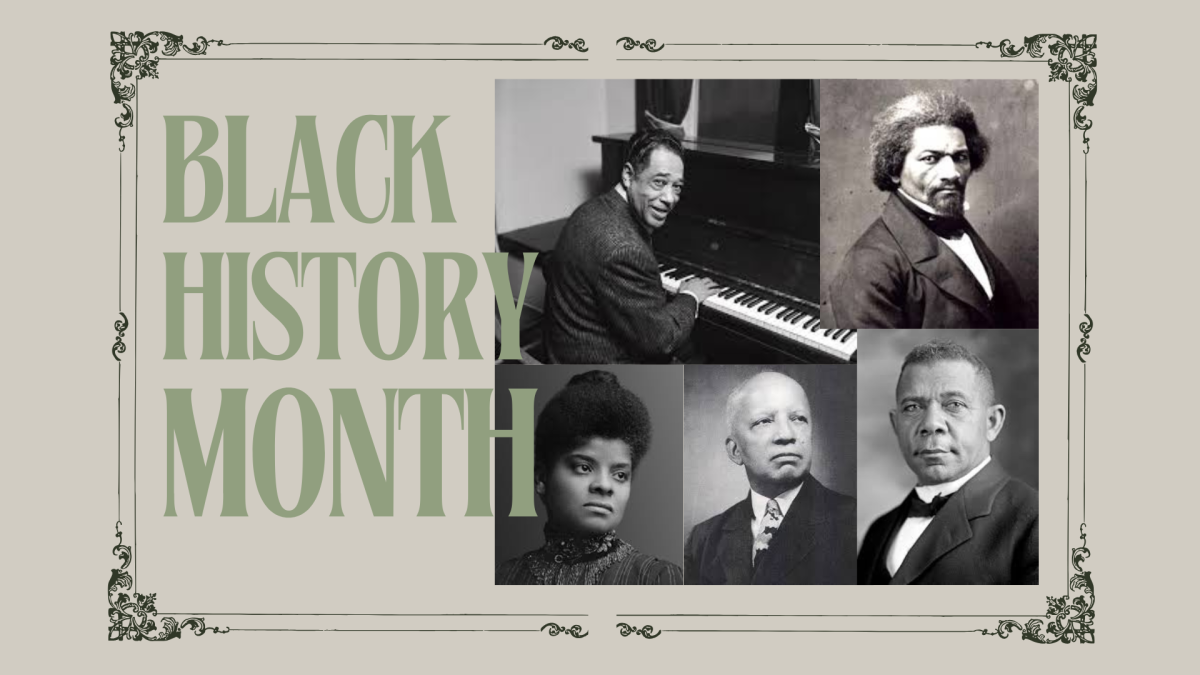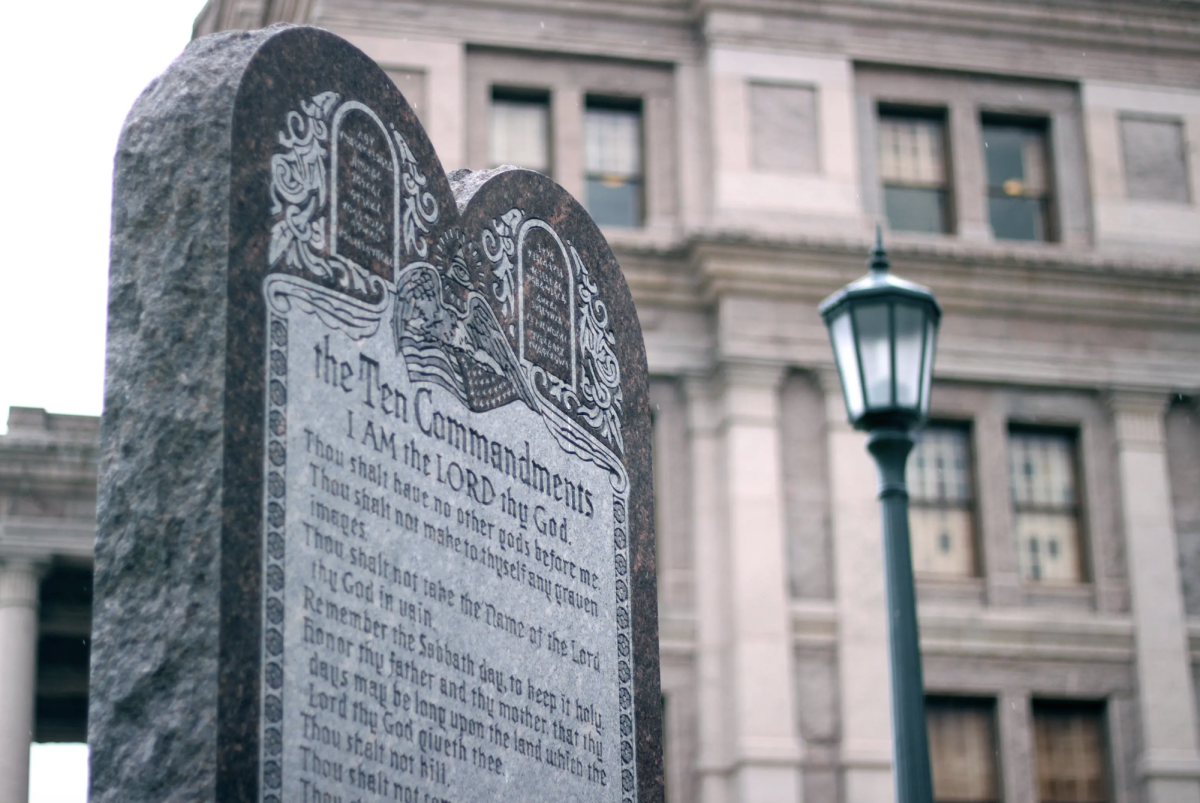Since its conception in 1926 by Carter G. Woodson as a week-long celebration in the month of February, and federally recognized in 1976 as Black History Month, the celebration has carved out a 28-day period of remembrance; the dates coincide with the birthdays of Fredrick Douglass and Abraham Lincoln. Officers of the Black Student Union answer questions regarding the month.
What is Black History Month?
Joanna Gakunju, senior, vice president: “Black History Month is more than a celebration. It’s a call to honor our past, advocate for our present, and push for a future where black people and communities can thrive without… discrimination. It means pride in our identity… [We reclaim] our narratives, stories, and achievements that have often been overlooked or erased by mainstream history… Black History Month highlights the richness of African culture [and] is a chance to uplift [the] legacies of our ancestors.”
What does Black History Month mean to you?
Anna Tennah, sophomore, parliamentarian: “To me, Black History Month means reflection. Each year, progress is made for the betterment of African Americans, but there are also setbacks that take place… Black History Month gives me time to reflect on the progress that’s been made and the things that I hope will continue to grow and improve in the future.”
How do you celebrate?
Tenah: “I celebrate Black History Month by being myself,” Tenah said. “Rather than letting the limitations and stereotypes placed on my race as a young Black woman define me, I reach beyond those bounds and choose [not to be limited] by the perspectives of others.”
Why is it important to celebrate Black History?
Jesse Emerson, senior, president: “[Black History Month] honors what came before [and] reminds us of what we are capable of and all that black people have done. [It] allows us to learn from society’s failures so we do not repeat such atrocities. That’s what the month’s about, embracing the gravity of the past, happiness and heartbreak.”
How do you help other people understand the importance of Black history Month?
Sepria Doherty, senior, treasurer: “As a member of the Black Heritage Club, my goal is to educate others about influential Black figures and engage in discussions that highlight the importance of Black history. I educate others by sharing stories and encouraging open conversations. Through the Black Heritage Club, we create opportunities for students to learn about historical and modern Black leaders… and the ongoing impact of systemic problems.”
What would you say to someone who believes Black History Month is unnecessary?
Doherty: “I would remind them that Black history has often been overlooked or minimized in mainstream education. Black History Month is not about exclusion, but about highlighting and acknowledging contributions that have shaped our world. Until Black history is fully integrated into everyday education, having dedicated time to focus on it remains necessary, especially in our present society.”








